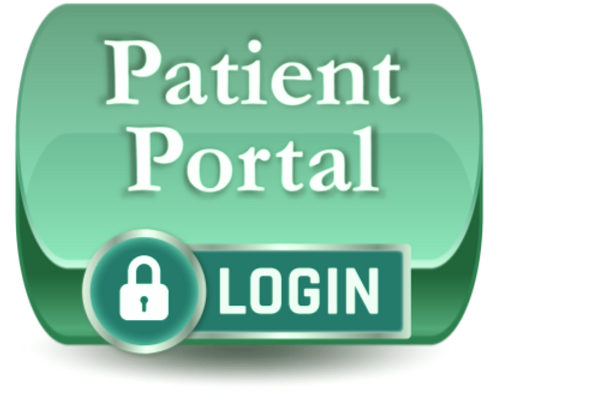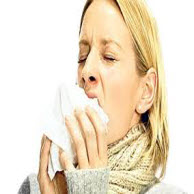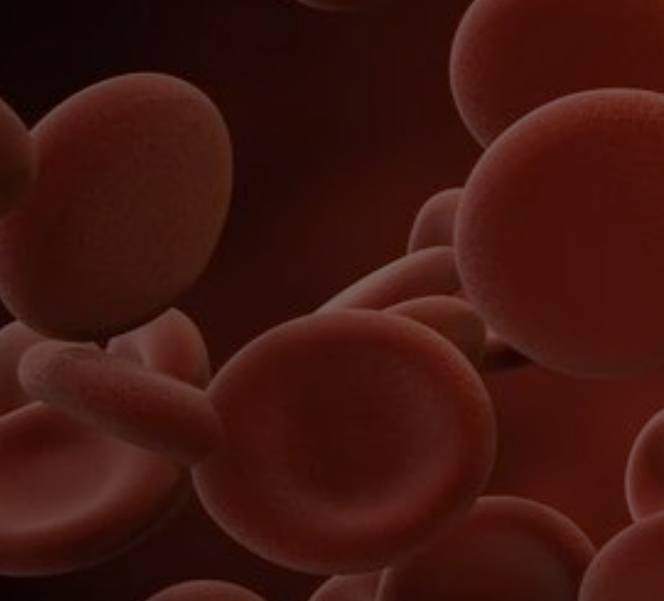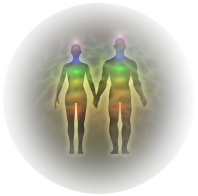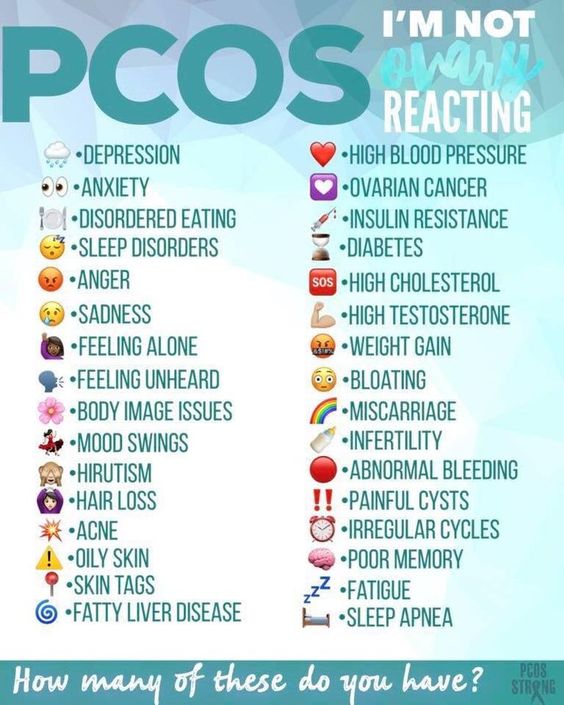How Is Your Nutrition?
Nutrition: the process of providing or obtaining the food necessary for HEALTH and GROWTH.
How would you rate your nutrition? Are you eating a balanced diet that will provide your body with the opportunity to heal and grow? Don’t let all of the fad diets and “health” trends drive you to distraction. Instead, remember the 4 key facts provided by Harvard Health Publishing:
- “What you eat affects your appearance, your energy and comfort, and — above all — your health.
- America is on the wrong track. Two out of every three of us are overweight or obese. Diabetes and high blood pressure are on the rise. Heart attacks, strokes, and cancer are distressingly common. Many factors contribute to these complex problems, but the basic reasons are simple: we eat too much, we choose the wrong foods, and we don’t get enough exercise.
- Scientists know what diet is best for health. The fine print has changed and is likely to change some more, but the key facts are in.
- Good eating is not a punishment, but an opportunity. If you know why it’s important and what to do, you’ll find it enjoyable and satisfying. And if you establish an overall pattern of healthful nutrition, you’ll have plenty of wiggle room to savor the treats that matter most to you.”

Two Diets We Recommend…
PALEO/CAVEMAN DIET:
The Paleo Diet advises eating foods that would have been available to Paleolithic humans. The diet is based on avoiding processed foods.
The basic guidelines to live by on the Paleo Diet are:
- SAY YES: organic vegetables (including root vegetables), fruits (including fruit oils), nuts, fish, meat, eggs and organ meats.
- SAY NO: dairy, grain-based foods, legumes, sugar, and processed foods.
KETO DIET:
The Keto diet is a low-carb diet where you get more calories from protein and fat and less from carbohydrates. This diet is based on avoiding easily digestible carbohydrates.
- SAY YES: organic meat, fish eggs, nuts, vegetables (avoid high-carb vegetables like potatoes), and low GI fruits.
- SAY NO: processed foods, dairy, grain-based foods, sugar.

